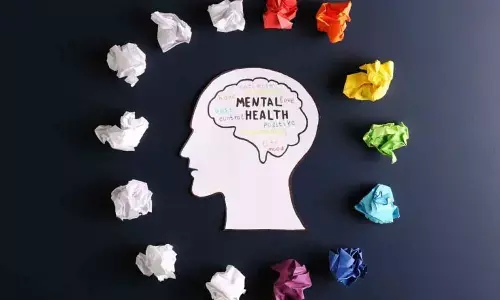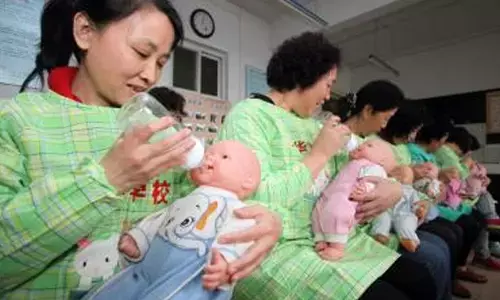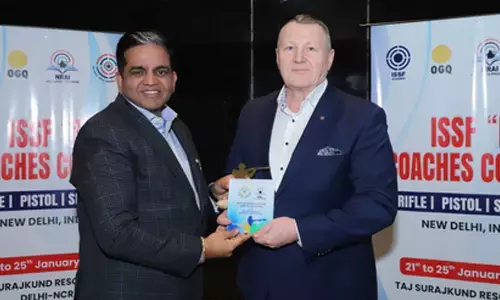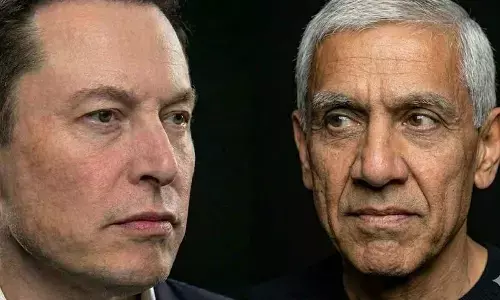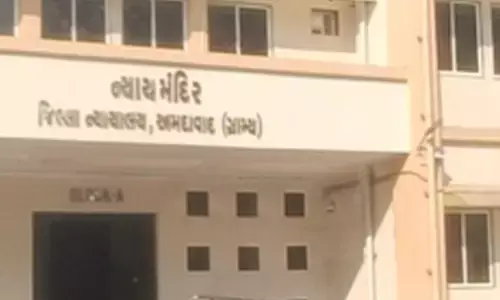Indians don't need to panic yet about coronavirus, says leading researcher
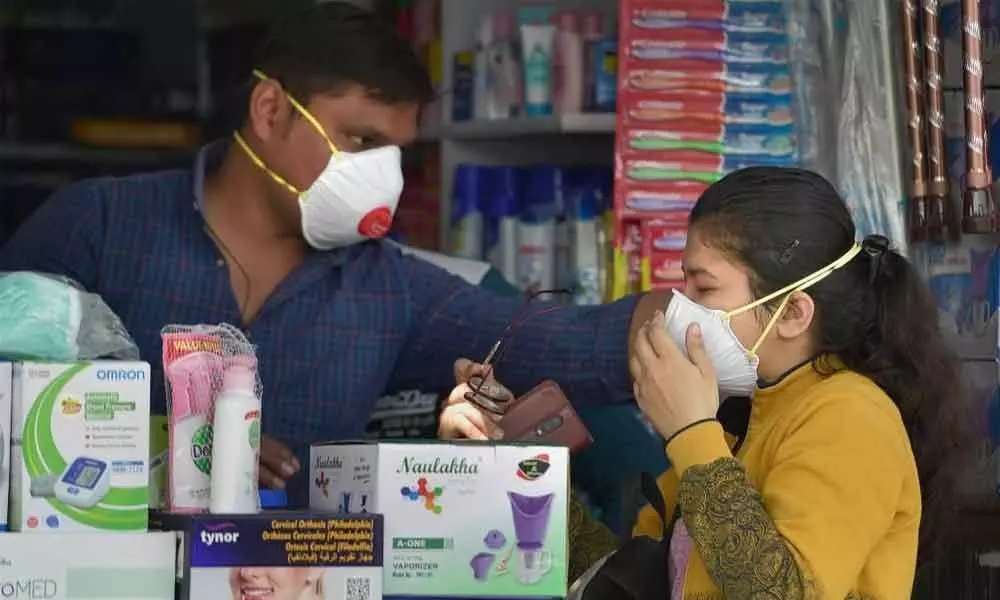
Four of five people who have tested positive for coronavirus will get better on their own and there is no need for Indians to panic about the viral outbreak yet, says a leading Indian researcher and scientist.
New Delhi: Four of five people who have tested positive for coronavirus will get better on their own and there is no need for Indians to panic about the viral outbreak yet, says a leading Indian researcher and scientist.
Testing for the disease should also be done only when recommended, said Gagandeep Kang as the number of coronavirus cases in India rose to 30, including 16 Italian tourists as well as three patients in Kerala who have recovered.
"Please let public health authorities know about exposure to known infected persons or travel to areas where infections are known to be prevalent," the Christian Medical College professor, who last year became the first Indian woman to be elected fellow of the Royal Society in London, told PTI in an interview.
Noting that all treatments are not curative but only supportive at the moment, she said four of five people will get better on their own and may need nothing more than drugs like paracetamol for fever and cough.
"The fifth person may need to see a doctor or be hospitalised. If you have breathing difficulty, you should see a doctor as soon as possible," said Kang, also vice-chair of the Norway-based International Coalition for Epidemic Preparedness Innovations (CEPI) that aims to derail epidemics by speeding up the development of vaccines.
"For everyone, there is no need to worry too much or panic. We are exposed to viruses every day. Make sure you wash your hands well, wipe down or use disinfectants on surfaces. Avoid touching your face," she said.
The coronavirus (CoV) is a large family of viruses that causes illnesses ranging from the common cold to acute respiratory syndromes. COVID-19 that has killed over 3,000 people worldwide and infected more than 90,000 is a novel strain not seen before.
Over 53,000 people have recovered from the infection globally, according to an interactive map compiled by the Johns Hopkins Center for Systems Science and Engineering.
The World Health Organisation has already declared the outbreak a "global emergency", stopping short of terming it a pandemic. Nose and throat swabs are used as specimens for detecting the coronavirus.
The test takes at least 12-24 hours for the confirmation. It a gene-based assay called polymerase chain reaction (PCR) and a more sensitive form called reverse-transcription polymerase chain reaction (RTPCR).
According to Kang, known for her inter-disciplinary research studying the transmission, development and prevention of intestinal infections, there are still more cases of flu in India and around the world than of the COVID-19. "This is important to know and understand.
It looks like this infection causes diseases that are more severe than the flu, but less severe than Severe acute respiratory syndrome (SARS)," she said. SARS is a viral respiratory illness caused by a coronavirus called SARS-associated coronavirus (SARS-CoV).
At the moment, it seems that COVID-19, unlike the flu, does not cause severe disease in children. "It does, however, cause more severe disease in the elderly, and in people who have cardiovascular disease, hypertension and diabetes," said Kang, who was awarded the prestigious Infosys Prize in Life Sciences in 2016.
She said many drugs against the viral infection are being tested, including vaccines which may be ready by next year. "There are currently no vaccines, but there are many in development.
If all goes well with vaccine development efforts we might have a vaccine next year. But vaccine candidates do not always succeed," she said. Kang emphasised that people must inform public health authorities if they suspect they have been exposed to the virus.
She also advised people to work from home if they have a fever and a cough. "Stay six-10 feet away from people who are coughing or sneezing," she said.
"Remember that with most respiratory viruses, most people exposed and sick with relatively minor symptoms recover and have some protection against reinfection," she said.
Kang added that with the novel coronavirus, getting infected does not mean that every infected person will be severely ill.
The scientist is also executive director of the Translational Health Science and Technology Institute (THSTI), an autonomous institution of the Department of Biotechnology.








